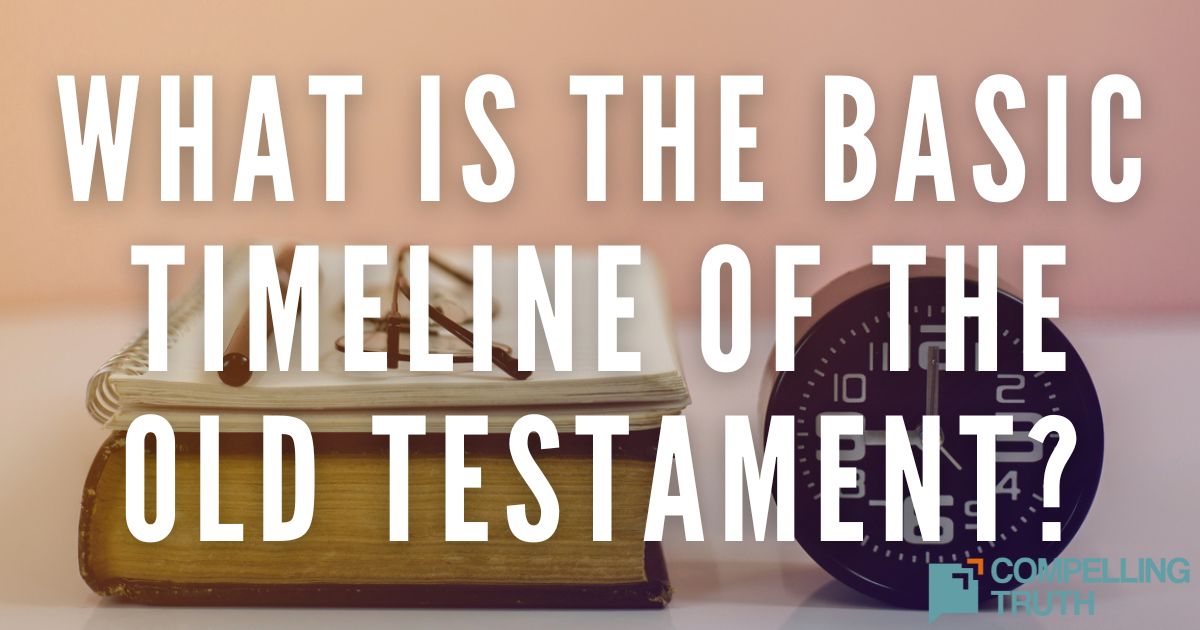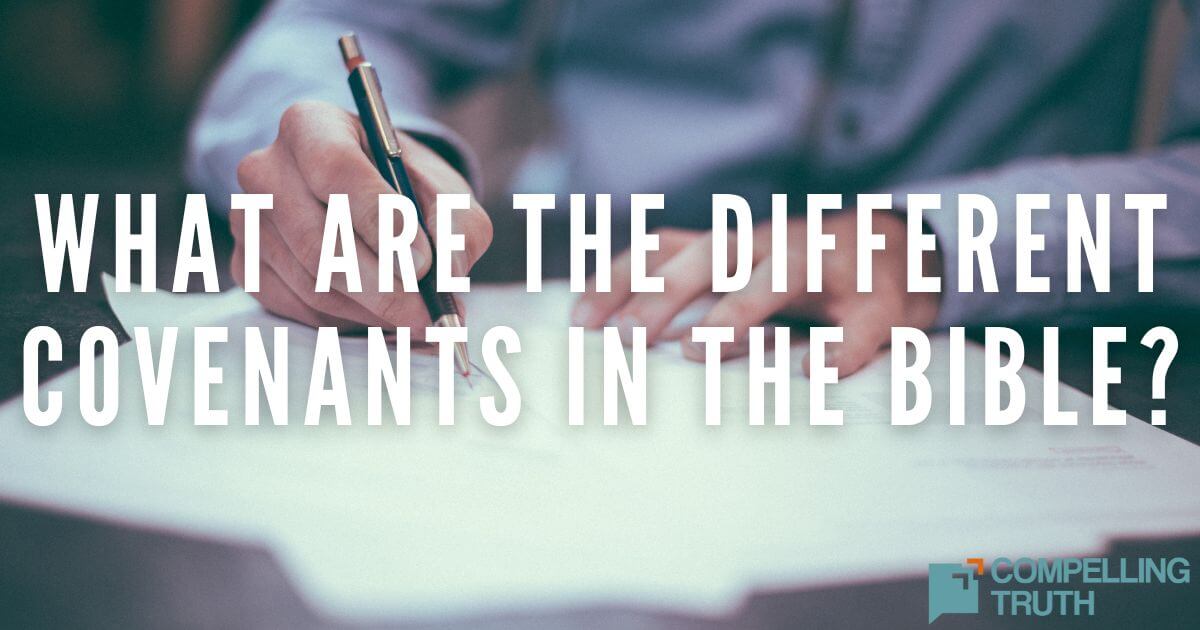The word "testament" in the Bible primarily means "covenant," referring to an intimate, binding relationship between God and His people. God made covenants with Noah, Abraham, Israel, and David, promising faithfulness and guidance. The New Covenant, foretold in Jeremiah and fulfilled through Jesus, offers forgiveness and spiritual renewal. While "testament" often means covenant, in some cases, like Hebrews 9:16–17, it refers to a last will or legal document. Understanding testament as covenant helps us see God’s ongoing commitment to restore and relate personally to humanity through Jesus.
The word testament in biblical usage comes from the Greek word diatheke. In Greek, diatheke means contract, advisory will, or covenant. It comes from a root word that can mean disposition or arrangement. In English, the word testament is most often used to describe the legal requirements of how earthly possessions should be dispensed after a person's death, as in "a last will and testament." However, it can also be used to mean evidence of a specified fact and is related to the English words testify and testimony.
In biblical usage, the King James Version uses "testament" almost every time the Greek word diatheke appears in the ancient texts. Thus, Jesus's words at the Last Supper include, "for this is my blood of the new testament, which is shed for many for the remission of sins" (Matthew 26:28 [KJV]). However, most other English translations replace that usage of "testament" with the word "covenant." So, in older translations, the word testament most often refers to a covenant, which is an intimate relationship and commitment between two parties.
From the beginning, God made a covenant with His people, showing His faithfulness and love. This covenant relationship reveals God’s promise to guide, protect, and redeem His people, as seen in His covenants with Noah (Genesis 9:9-17), Abraham (Genesis 15:18), and Moses (Exodus 24:7-8). The New Covenant, prophesied in Jeremiah 31:31–34 and fulfilled through Jesus Christ (Luke 22:20; Hebrews 8:6–13), establishes a deeper, spiritual relationship between God and humanity—one based on grace, forgiveness, and transformation by the Holy Spirit. Understanding “testament” as covenant helps us grasp the Bible’s message of God’s ongoing commitment to restore and reconcile His people to Himself through Jesus’s sacrifice. This covenant is not merely a contract, but a living promise inviting us into a personal, enduring relationship with God.




